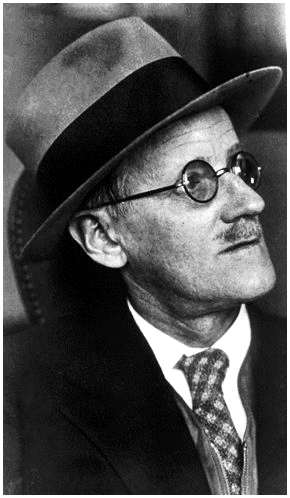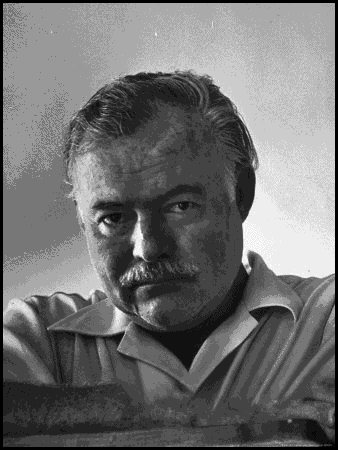(On a Writing Life)
Pat Carr
(Texas Tech University Press)

With all these famous figures, with the casual dropping of names of prizes she has garnered ("The Iowa Award," "the Texas Institute of Letters Short Story Prize") plus the countless conferences she has organized or attended, plus the endless little magazines that have published her pieces, she lets us know not very subtly that she has it made in the narrow world of American letters.
Apparently getting on with the stars and fighting with university department committees is just as important if not just as time-consuming as the act of writing (which she also manages to combine with a couple of marriages, the raising of three children, and collecting Native American pottery).
Carr often speaks with a quiet but firm voice on her two favorite subjects. First, that until very recently, old white men --- university faculty and administrators --- made it difficult for women writers and scholars to get into the classroom to teach (holding back the best courses as well as funding for themselves) ... not to say never budgeting equal pay for the women.
Secondly, a point repeated (and repeated ... and repeated some more): there is no man in the world that can write a true and honest story or novel about a woman, because no man has the mind-set of a woman. Likewise, no woman writer should ever presume to write a novel or a short story from the perspective of a man: there is no possible way that she can see the world as a male would or does.
This rather crabbed view of the creative process does jolt the reader, dismissing forthwith such novels as Anna Karenina and Madam Bovary, throwing out Hemingway's marvelous pictures of Brett Ashley in The Sun Also Rises and Joyce's sensuous Molly Bloom in Ulysses and the stunning portrait of the Serpent of the Nile in Anthony and Cleopatra (although Carr glides over that one by saying drama is mere dialogue, so it doesn't count).
Carr is certainly a feisty writer --- as well, we assume, if One Page at a Time is not all fiction --- a feisty character in her own drama. She delights in skewering some of the stars of American literature, including James Dickey, David Slavitt, and, to our delight, that pompous boor William Styron: "He was the biggest pain. He told us he was going to be rich and famous, so he just sat on the couch and ordered snacks and drinks. Before the term started and my brother took him back to school, we were sick to the teeth of him."

The ability to slice these stories (and these characters) so tersely shows a true gift of composition, and we can enjoy her many encounters with people we had admired from afar for so long, writers like Barbara Kingsolver, Ishmael Reed, Raymond Carver . But things do peter out around page 180. I think if I have to join her in meeting one more famous author, attending one more literary conference, or winning one more literary prize that I'll have to take a sabbatical for the rest of my life.
And there are times when Carr's virulence spills out of control. Such as comparing her mother to one of the most notorious villains of WWII. "I never saw [my mother] shocked, never saw her react with either rage or high glee, and her flirting always held a thread of disdain."
- But I'd seen her use frigid withdrawal, and I knew that deep down she had the same unnerving scientific objectivity Mengele displayed when he experimented on Jewish twins in death camp laboratories.
This unfortunate image does shine an even more unfortunate light on an otherwise interesting author; more, it underlines the fact that this artful book has elements of an Elizabethan Revenge Drama, the victims being the Goblins of Literary America.
We may be able to forgive her pique, though. She has here compiled an interesting (mostly) series of one-page snippets that join together nicely. Further, being so testy herself, she always favors testy woman. Once she contemplated a full-blown book about James Joyce's wife. But she abandoned the project because after researching Nora Barnacle through Ireland, Trieste, France, and Switzerland, "what emerged was someone I no longer liked."
Carr did save out a few quotes from what she gleaned as she searched out this feisty lady, one which should warm the cockles of those of us who have always wondered about why such an artist as Joyce would end up wed to a Dublin fishwife. "I ran across a scene in which Hemingway, helping Joyce stagger home one evening, met Nora at the door. She looked at them both and said scathingly,"
- Well, well, if it isn't the great writer, Ernest Hemingway, bringing home the great writer, James Joyce, dead drunk.